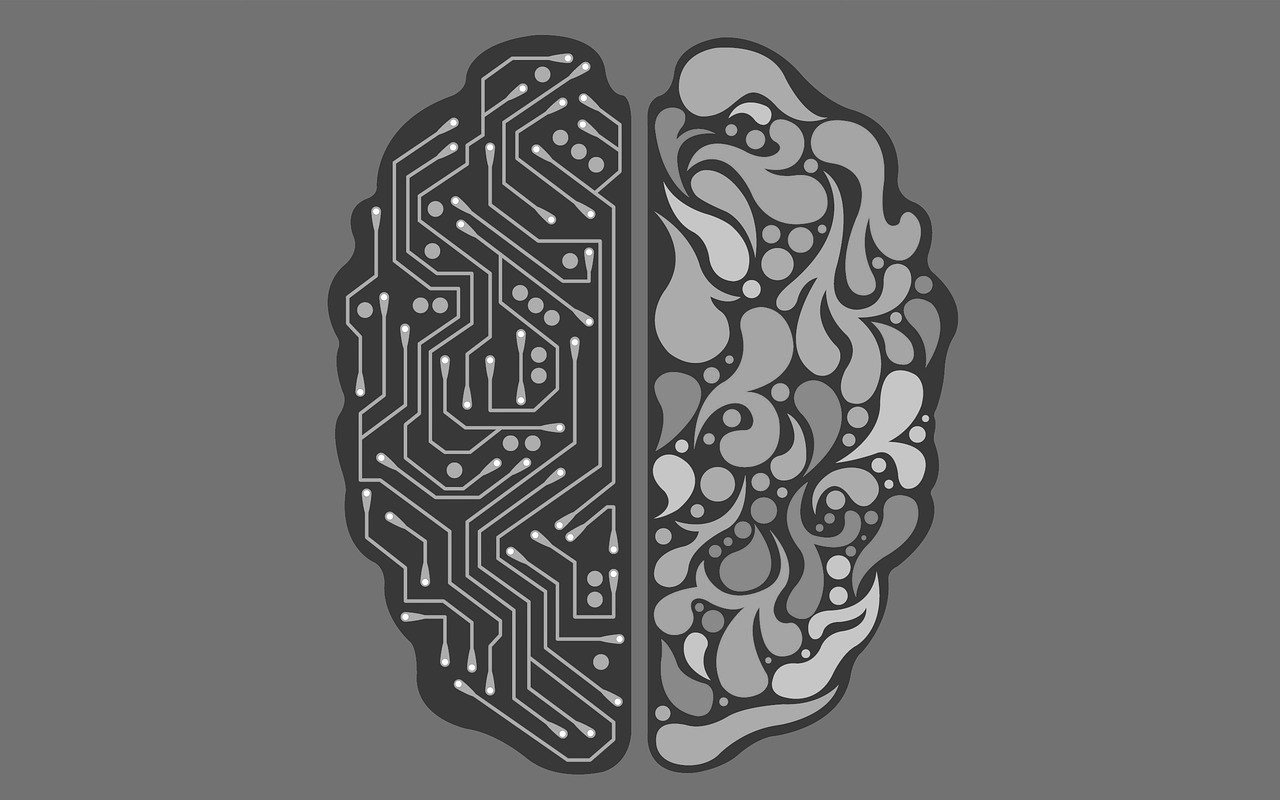
Mental health constitutes a fundamental component of modern public health, as globally, mental health disorders account for 30% of the non-fatal disease burden, representing the leading cause of disability, according to the World Health Organization (WHO). The WHO estimates that depression and anxiety disorders cost the global economy 1 trillion USD annually in lost productivity—data that underscore the urgent need for innovations in the prevention and management of mental health conditions.
Artificial Intelligence (AI), and particularly Natural Language Processing (NLP), can facilitate the automatic analysis of language in ways that emulate human capabilities. These include supporting the detection and diagnosis of diseases, as well as providing tailored health advice through personalized and precision medicine.
A large proportion of mental health issues and their management occur within the domain of natural language. This includes the assessment of symptoms and signs associated with such disorders, as well as various forms of interventions, such as psychotherapeutic sessions. The wealth of information embedded in recorded textual expressions and interactions represents a critical mass for research and practical applications in mental health, which is regarded as a modern scourge in the era of the Fourth Industrial Revolution.
Natural Language Processing (NLP), a field of artificial intelligence that enables computers to process information in free-text natural language with semantic meaning, has proven to be a valuable tool for supporting mental health and addressing its consequences.
These applications include the detection of specific mental states, the development of chatbots that provide emotional support, the monitoring of individuals’ mental health through wearable devices, mobile phone applications, and the analysis of social media. The ultimate goal is to identify behavioral or mood changes in individuals in order to alert specialists when specific interventions are required.
Existing medical language models are generally either trained from scratch, adapted from pre-existing general Large Language Models (LLMs), or refined through additional natural language instructions (prompting) to align general LLMs with the medical domain.
There are multiple domains of application for LLMs in mental health, such as the use of conversational agents, which aim to enhance the capacity of models to generate empathetic and context-aware responses.
LLMs have the potential to support a broad spectrum of tasks in mental health care, including the interpretation and prediction of behavioral patterns, the identification of psychological stress factors, and the provision of emotional support.
Dialogue-based systems, especially those related to mental health care, require advanced reasoning and empathetic capabilities to provide appropriate analysis. This is crucial, as LLMs may generate explanations that are excessively simplistic or misleading, which could negatively impact the quality of mental health interventions.